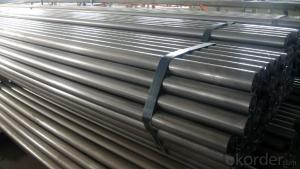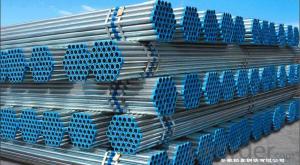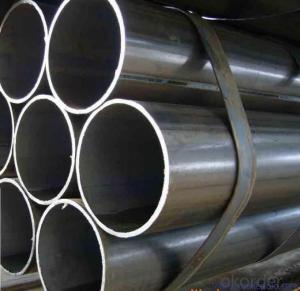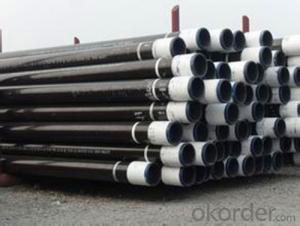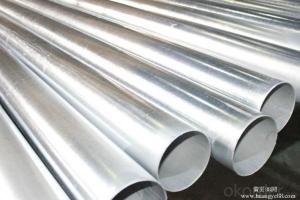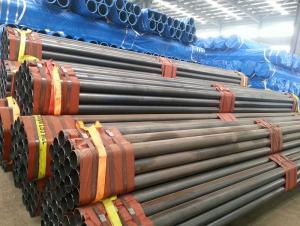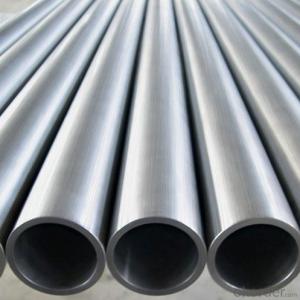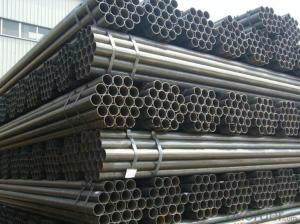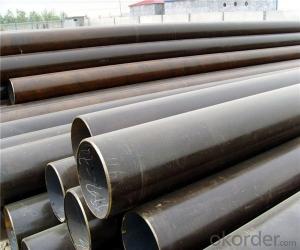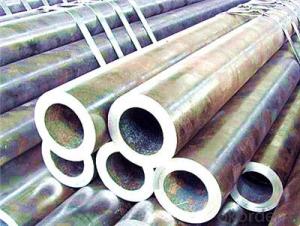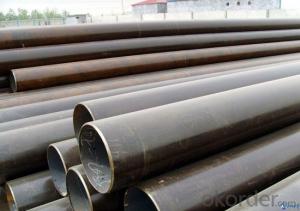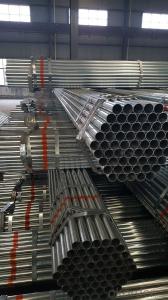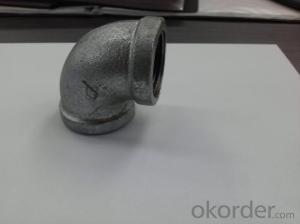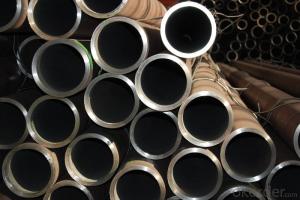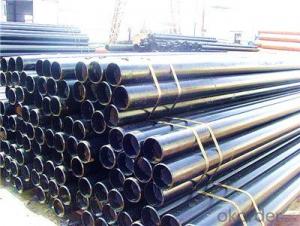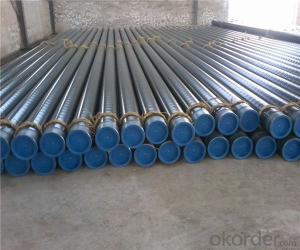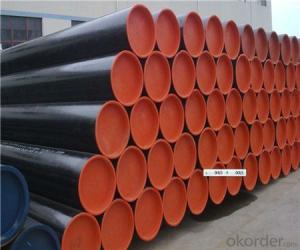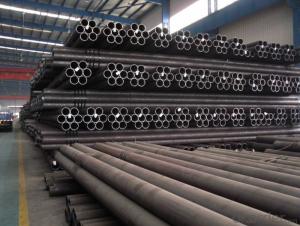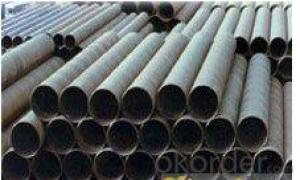All Categories
- - Steel Wire Rod
- - Steel Coils
- - Steel Profiles
- - Steel Pipes
- - Stainless Steel
- - Tinplate
- - Special Steel
- - Steel Sheets
- - Steel Rebars
- - Steel Strips
- - Hot Rolled Steel
- - Cold Rolled Steel
- - Pre-painted Steel
- - Seamless Steel Pipe
- - Welded Steel Pipe
- - Hollow Steel Tubes
- - Galvanized Pipe
- - Stainless Steel Coil
- - Stainless Steel Sheet
- - Stainless Steel Plate
- - Stainless Steel Strips
- - Electrolytic Tinplate Coil
- - Electrolytic Tinplate Sheet
- - Stainless Steel Rebars
- - Solar Panels
- - Solar Water Heater
- - Solar Related Products
- - Solar Inverter
- - Solar Cells
- - Solar Light
- - Solar Energy Systems
- - Solar Controllers
- - Solar Mounting System
- - Solar Pump
- - Solar Chargers
- - Fiberglass Chopped Strand
- - Fiberglass Mesh Cloth
- - Composite Pipes
- - FRP Pultrusion Profiles
- - Fiberglass Mat Tissue
- - Fiberglass Fabrics
- - Fiberglass Mesh
- - Composite Tank
- - Fiberglass Mesh tape
- - Polymer
- - FRP Roofing Panel
- - Fiberglass Roving
- - Monolithic Refractories
- - Ceramic Fiber Products
- - Refractory Bricks
- - Raw Materials For Refractory
- - Suspended Platform
- - Cranes
- - Concrete Machinery
- - Earthmoving Machinery
- - Building Hoist
- - Road Building Machinery
- - Plastic Pipe Fittings
- - Plastic Tubes
- - Plastic Sheets
- - Agricultural Plastic Products
- - Plastic Nets
 All Categories
All Categories
Q & A
Can a welded steel pipe be used for petrochemical refineries?
Yes, a welded steel pipe can be used for petrochemical refineries. Welded steel pipes are commonly used in industrial applications, including petrochemical refineries, due to their strength, durability, and ability to withstand high temperatures and pressures. Additionally, welded steel pipes can be customized to meet specific requirements and are cost-effective compared to other piping materials.
Can welded steel pipe be used for building nuclear power plants?
Yes, welded steel pipe can be used for building nuclear power plants. Welded steel pipes are commonly used in various industries, including the construction of nuclear power plants. They are known for their strength, durability, and ability to withstand high pressure and temperature conditions, making them suitable for such critical applications. However, it is important to ensure that the specific requirements and regulations for nuclear power plant construction are followed to ensure the highest standards of safety and reliability.
Are welded steel pipes suitable for chemical processing plants?
Yes, welded steel pipes are suitable for chemical processing plants. They are commonly used in these environments due to their durability, strength, and resistance to corrosion. Welded steel pipes can withstand high temperatures and pressures, making them reliable for transporting various chemicals and fluids safely within the plant. Additionally, their versatility allows for customization and easy integration into the plant's infrastructure.
How do you transport and store welded steel pipes?
Welded steel pipes can be transported and stored in a few different ways to ensure their safety and integrity. For transportation, pipes are commonly loaded onto trucks or flatbed trailers using appropriate lifting equipment and secured with straps or chains to prevent shifting or damage during transit. It is crucial to handle and load the pipes carefully to avoid any bending or deformation.
When it comes to storage, welded steel pipes should be kept in a dry and well-ventilated area to prevent corrosion. They should be stacked horizontally on wooden or metal supports, with enough space between each row to allow easy access and inspection. Additionally, pipes should be protected from direct contact with the ground to avoid moisture absorption or damage.
Overall, proper handling, secure transportation, and suitable storage conditions are essential to ensure the quality and longevity of welded steel pipes.
What are the common industry standards for welded steel pipes?
The common industry standards for welded steel pipes are often governed by organizations such as the American Society for Testing and Materials (ASTM) and the American Petroleum Institute (API). These standards typically include specifications for the manufacturing process, material composition, dimensions, and mechanical properties of the welded steel pipes. Some commonly referenced standards include ASTM A53, ASTM A106, API 5L, and API 5CT, among others. These standards help ensure the quality, safety, and compatibility of welded steel pipes in various industrial applications.
Wholesale Welded Steel Pipe from supplier in Tanzania
We are a Welded Steel Pipe supplier serving the Tanzania, mainly engaged in the sale, quotation, and technical support services of various Welded Steel Pipe products in the Tanzania region. We are a subsidiary platform of the Fortune Global 500 company CNBM, able to provide you with one-stop Welded Steel Pipe procurement services in the Tanzania. Not only do we have a wide range of Welded Steel Pipe products, but after years of market development in the Tanzania, we can also provide valuable experience for your projects.
